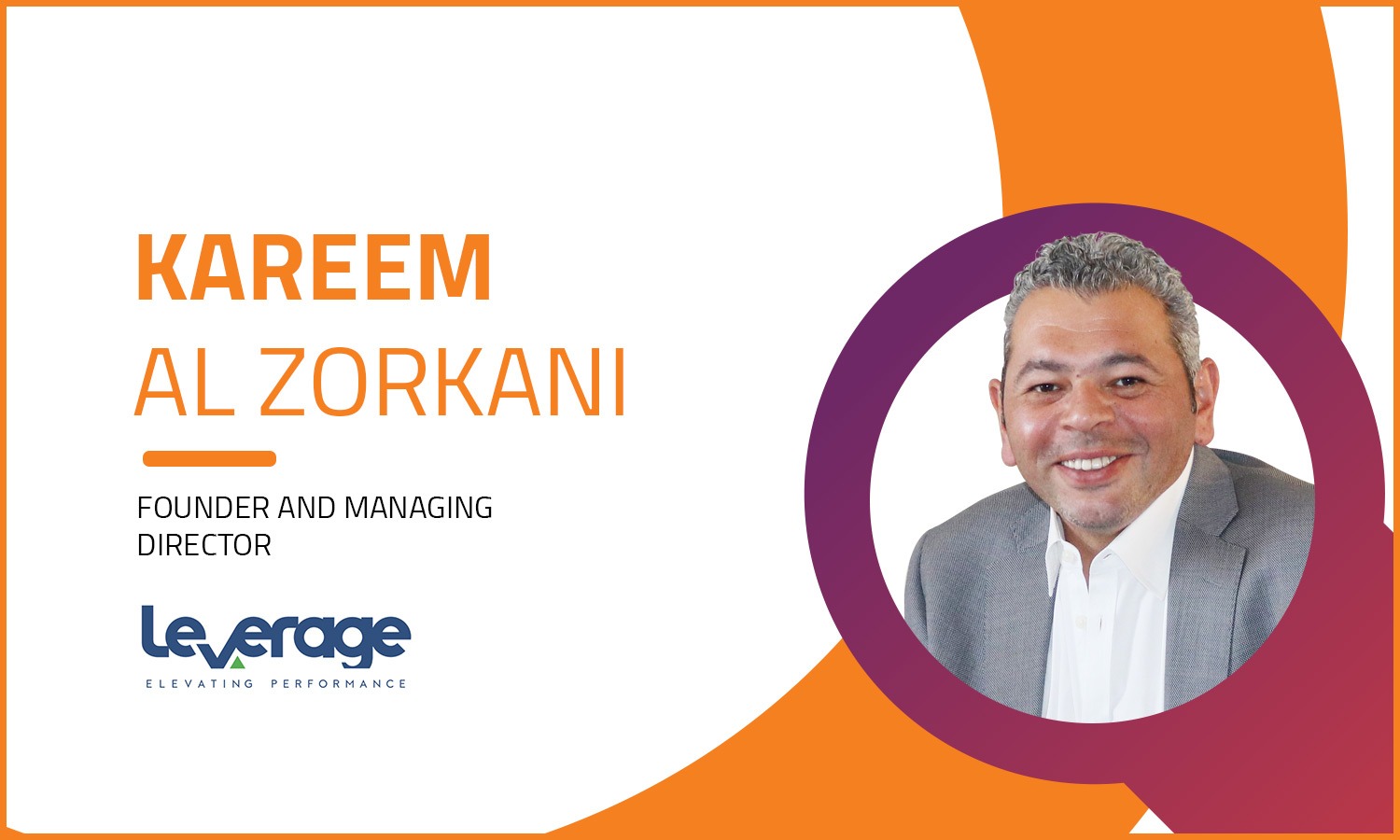Cabinet Reshuffle: A New Chapter for Egypt's Economy
Updated 7/9/2024 8:00:00 AM
President Abdel Fattah El Sisi oversaw the swearing-in of Egypt’s new cabinet on July 3rd. The recent ministerial reshuffle, in which Madbouly is reappointed as Prime Minister, renewed focus on economic development, improved government efficiency, and citizen well-being.
As the new cabinet settles in, all eyes will be on its ability to deliver enhanced living standards, a more productive workforce, and a brighter economic future for the nation.
Streamlining for Efficiency
The recent ministerial reshuffle brought several new ministers and merged certain ministries.
Dina Samir ElWakkad, an economics instructor and economist, tells Arab Finance: “This change came at the right time. President El-Sisi is changing policies, focusing on industry, health, and health insurance.”
“A government that interacts extensively with society and citizens is transparent and responsive to existing questions, reducing bureaucracy in favor of technology,” ElWakkad says.
On July 4th, Madbouly announced that the new cabinet would form a number of ministerial groups to address key areas, including the economy, industry, and energy.
“The creation of the Deputy Prime Minister for Industrial Affairs role indicates a priority for shifting from a rentier economy to production and adding value to domestic resources,” ElWakkad points out.
Additionally, a number of ministries have been merged into a single one. Rania Al-Mashat was appointed Minister of Planning, Economic Development and International Cooperation. Meanwhile, Kamel Al-Wazir was named Deputy Prime Minister for Industrial Development and Minister of Industry and Transport.
Karim Nassar, an economist and financial expert, tells Arab Finance: “One of the key goals is to reduce the number of government entities and increase efficiency.”
“Merging ministries can create more synergies, reduce costs, eliminate duplication, streamline processes, improve coordination, and enhance service delivery,” Nassar explains.
Nassar further gives an example, “Merging the Ministry of Planning and Economic Development and the Ministry of International Cooperation will align investment projects with external funding and investors’ appetites.”
Yet, he warns that merging governmental entities and ministries may initially complicate processes and cause some drawbacks at both the administrative and policy levels.
“If not managed effectively, these synergies might lead to unintended bureaucracy and hinder the decision-making process,” Nassar adds.
President Abdel Fattah El-Sisi also appointed Hala Elsaid, the former Minister of Planning and Economic Development, as Adviser to the President for Economic Affairs.
Nirmeen El Sayyad, UN Women Project Manager at the American University in Cairo (AUC) and an economic expert, says to Arab Finance, “Elsaid’s new role will be more advisory. Given her extensive experience in teaching, consulting, and government as a minister, her advisory role will help set overall strategies at the presidential level.”
President Sisi's Economic Directives
Following the swearing-in of the new cabinet, President El-Sisi presented a clear vision for Egypt’s future in a key meeting. This vision focuses on well-rounded development, a stronger economy, and unwavering national security.
A central part of El-Sisi’s plan involves reforming the government. The president advocates for updated policies and better performance to meet the nation's changing needs and challenges.
El-Sisi emphasizes learning from past experiences and aims for good governance practices while encouraging smooth cooperation between government departments.
The president prioritizes economic growth, with a focus on improving people's lives through essential services like healthcare and education.
A strong Egyptian industrial base is also a priority, as El-Sisi seeks for the government to attract domestic and international investments while giving the private sector more power.
Accordingly, the new cabinet is expected to work on achieving the president’s directives over the coming period.
"The economic ministries will closely follow President El-Sisi’s directives. The economic team should ensure that any development strategy or reform upholds national security objectives," Nassar implies.
Investing in People and Productivity
The new government aims to drive economic development. El Sayyad notes, “The main objectives of the new government target the development of real economy sectors. This includes increasing foreign direct investment, boosting the private sector, marginalizing the public sector, and enhancing the tourism sector.”
“If realized, these objectives could enhance the economy, ease up the foreign exchange market, and provide pillars for a sustained economy, reducing dependence on extensive borrowing,” El Sayyad indicates.
Moreover, the new cabinet’s role is expected to lead an industrial revolution in Egypt and boost exports. Nassar states, “Developing Egypt’s industrial base, increasing exports, and enhancing private sector engagement should be key priorities of the government’s reform agenda.”
ElWakkad agrees, highlighting a trend toward focusing on exports rather than import substitution, as exports may benefit from the country's comparative advantages.
The new government is also expected to lead a human development journey. ElWakkad explains, “The main bet seems to be on developing individual and productive capacities, which are among the most important current priorities and challenges.”
Nassar concurs, stating, “The new cabinet has to emphasize citizens’ well-being and standards of living, focusing on improved health and education systems, job creation, and inflation reduction.”
The recent Egyptian cabinet reshuffle marks a significant turning point, placing economic revitalization at the center of the government's agenda. With a focus on streamlining ministries, fostering industry, and investing in people, the revamped cabinet could achieve El-Sisi's vision of a stronger, more efficient Egypt.
By Sarah Samir
Related News











